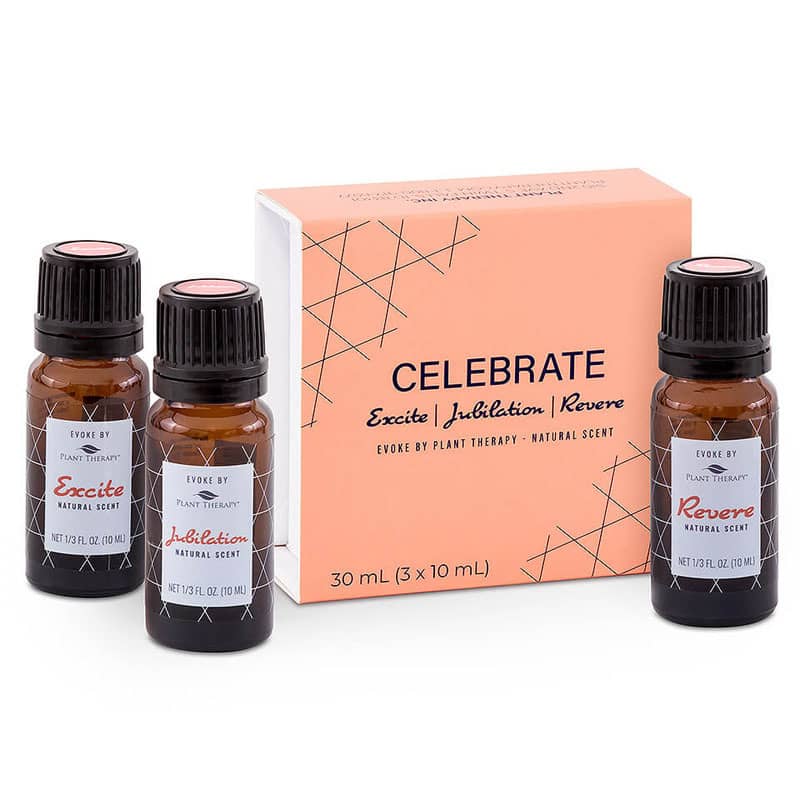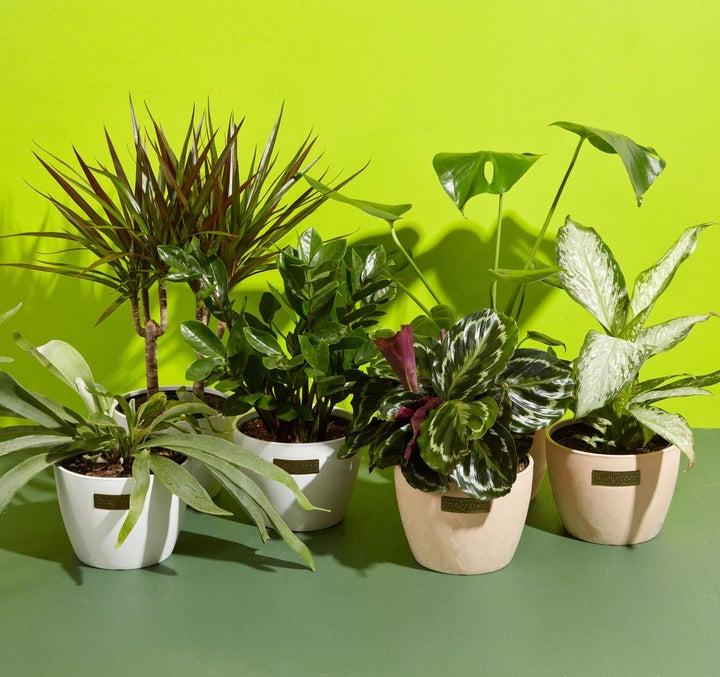Whether you’re practicing indoor gardening, have a couple of houseplants as decor, or if you only use plant essential oils, there are many benefits that indoor plants have to offer.
Caring for house plants, both indoors and outdoors, and utilizing plant products have been a therapeutic practice for people from antiquity to the present day. If you’ve never dabbled with indoor gardening, aromatherapy, or even kept a tiny potted plant on your desk, you may want to consider it with all of the benefits plants can provide. Aside from therapeutics, indoor plants have many valuable benefits. However, today, we’ll be exploring the top three amazing benefits of plants.
Aromatherapy has many benefits itself.

Fans of alternative medicine have been using essential oils for years. With their increasing availability from reputable companies, such as Plant Therapy, and various benefits, they’re becoming more popular than ever. These oils are concentrated plant extracts. Flora contains a variety of phytochemicals. These chemicals are highly beneficial to the plant but can also benefit people when utilized correctly. That’s where essential oils come in.
These oils are commonly used in aromatherapy, which uses smell to improve your health or applied topically. Studies have shown that these oils may boost mood, reduce stress, increase focus, and improve sleep in some people. In addition, they’ve also been known to kill various bacteria, fungi, and viruses. For example, eucalyptus oil is ideal for the cold season as it can relieve a stuffy nose by opening your nasal passages when used for aromatherapy. Likewise, peppermint oil is a potent spider deterrent around the house.
Indoor plants can potentially lower stress levels.

A recent study has shown that keeping indoor plants around your home can help you feel more comfortable and relaxed. During the study, 24 young men were separated into two groups and given two tasks. The first task was to complete a short computer-related assignment, and the second was to transplant a house plant.
After each task, the researchers measured the participants’ stress levels, including their heart rate and blood pressure. The results found that the indoor gardening task lowered their stress responses while the computer task raised their heart rate and blood pressure. As a result, the study concluded that working with indoor plants could reduce physiological and psychological stress.
It’s crucial for your health to manage stress. Long-term stress can lead to a myriad of health problems. However, lowering your stress, such as with indoor gardening, offers many various benefits. For example, reduced stress can lead to better sleep, easier weight control, less frequent illness, less muscle tension, and an improved mood.
House plants can improve your home’s air quality.

Another study conducted by the National Aeronautics and Space Administration (NASA) has found that house plants may improve indoor air quality by reducing the number of volatile organic compounds (VOCs) in the air. Indoor plants achieve this through the process of photosynthesis.
When plants undergo photosynthesis, they absorb carbon dioxide and release oxygen. When indoor plants take in carbon dioxide, they also absorb the air pollutants and then release clean oxygen into the air. This improved air quality can have many positive effects as well. For example, higher air quality can lead to a better night’s sleep. When your sleep quality improves, it helps your immune system, boosts your metabolism, improves memory, and even reduces the risk of heart disease in some adults.
Consider trying aromatherapy and indoor gardening to reap the benefits of indoor plants.
Whether through aromatherapy or gardening, indoor plants have many benefits to offer. With benefits like reduced stress, better sleep, improved air quality, and more, it’s no surprise why so many people are incorporating greenery into their daily lives.

Leave a Reply